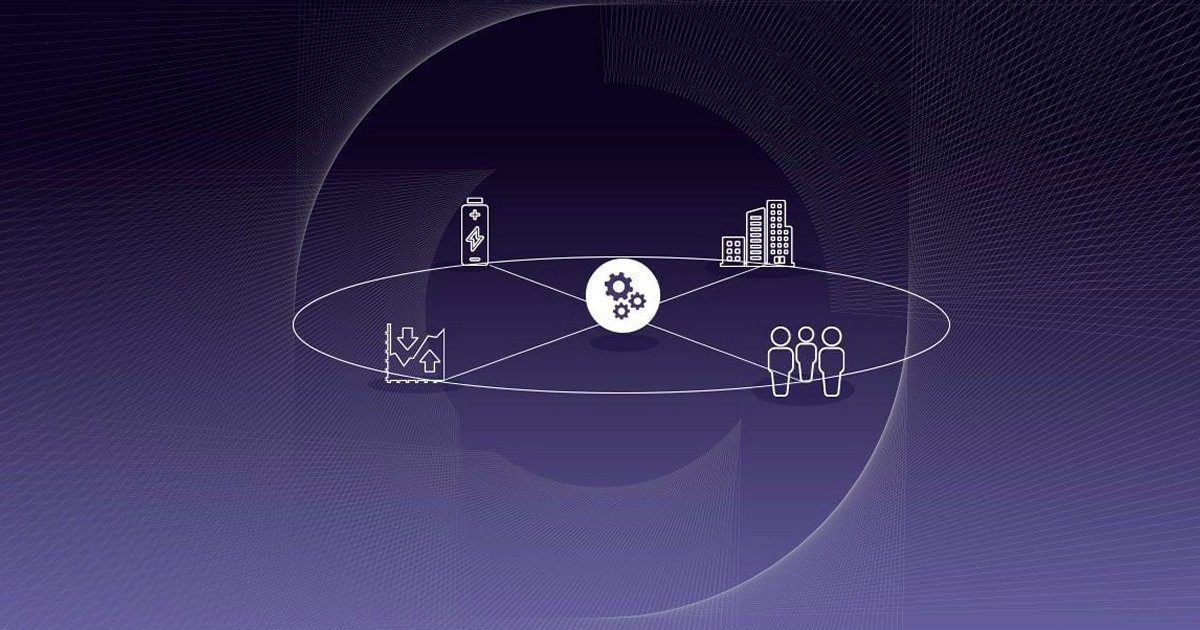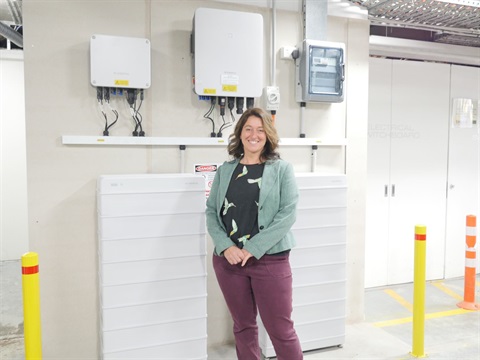
Victoria’s Surf Coast Shire Council is encouraging Torquay and Lorne residents to have their say on potential renewables-based microgrids.
Monash University and Birdwood Energy have teamed up with Council and Surf Coast Energy Group to conduct feasibility studies for microgrids for the towns.
A microgrid is generally a local network of electricity generation and storage sources (such as solar panels and home batteries) that can operate either connected to the mains grid or disconnected from it when required; for example, when there’s an interruption to mains grid supplies.
But there are also other benefits microgrids can provide.
“A microgrid can realise greater value for users by pooling assets such as excess solar generation,” said Monash University’s Priya Galketiya. “This can provide for greater efficiencies when compared to individuals buying their own batteries for storing any excess electricity they produce.”
Both Lorne and Torquay have seen significant uptake of solar panels, with 160 small-scale systems installed in Lorne’s postcode and 2,949 in Torquay’s.
The feasibility studies, funded under Round 2 of the Federal Government’s Regional and Remote Communities Reliability Fund, will identify how microgrids could improve community resilience, reduce energy costs and develop solid business cases.
Monash Microgrid Mojo
Monash University knows a thing or two about microgrids. The uni has created one at its Clayton campus involving a bunch of buildings, 1MW of solar PV, 1MWh of vanadium flow/ lithium-ion battery storage and a couple of EV chargers.
Monash also created the Microgrid Electricity Market Operator (MEMO) toolbox, which provides a step-by-step guide on how to develop a microgrid. The initiative was funded in part by the Victorian Government’s Microgrid Demonstration Initiative, established back in 2017.
Lorne and Torquay communities have already been involved in discussions relating to energy storage, which played a role in choosing the locations for a couple of 50kWh battery systems installed at The Sands, Torquay and Foodworks in Lorne.

Deputy Mayor Cr Liz Pattison and the battery in Torquay
In the months ahead, various data will be collected as part of the microgrid feasibility study. As well as info from the batteries; other businesses, Council facilities and residents are providing access to their solar energy generation and electricity consumption data.
Surf Coast Shire Council And Renewables
Beyond supporting the potential microgrid projects, Council is also walking the talk on renewable energy and emissions reduction in terms of its own operations. In April this year we mentioned the organisation had set a target of June 30, 2030 for achieving zero emissions for all its operations, excluding landfill.
“As a Council we want to support emerging energy solutions to power the transition towards renewable energy,” said Surf Coast Shire Council Mayor Libby Stapleton. “We’re pleased to play a part in this initiative to drive down electricity related emissions, and we encourage locals to learn more about the project and get involved through the upcoming workshops.”
Further details regarding the community workshops: Lorne (Wednesday 16 November) | Torquay (Wednesday 7 December).

 RSS - Posts
RSS - Posts



Speak Your Mind